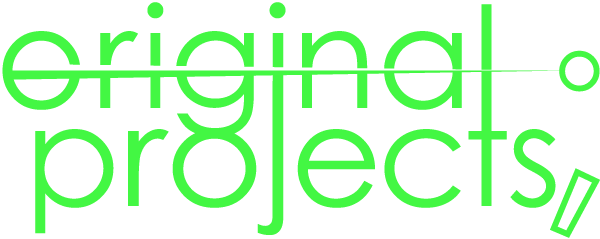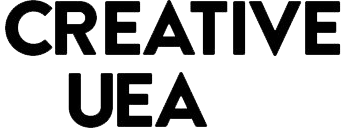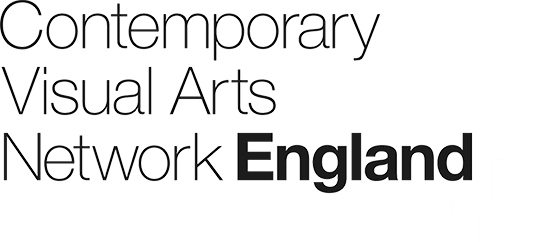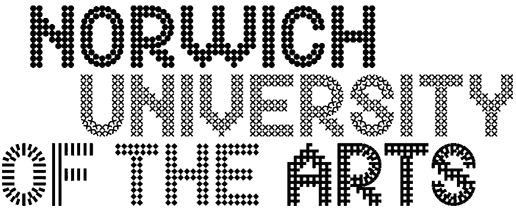ask for / everything
By Lotte L.S.
The imagination is not only holy, it is precise it is not only fierce, it is practical men die everyday for the lack of it, it is vast & elegant
intellectus means “light of the mind” it is not discourse it is not even language the inner sun
the polis is constellated around the sun the fire is central
Diane di Prima, Revolutionary Letter #75 (Rant), 1971
When workers in Argentina were faced with the shuttering of their factories at the turn of the 21st century, they occupied them. In the years following the collapse of the Argentine economy, worker-controlled factories spread across the country, continuing to manufacture (toothpaste tubes, epoxy tubes, cake pans), organise, and keep jobs and wages afloat. As poet and labour organiser Mark Nowak writes in Social Poetics, workers at IMPA, a metal factory in Buenos Aires, not only retook the factory, but created spaces inside for a cultural centre, theatre workshops and productions, printmaking classes, a people’s lending library, an adult middle and high school education program, and a University of the Workers.
It’s almost impossible to imagine something similar happening in the teetering cul-de-sacs of England, the poultry factories hidden in plain view, the commute, leaky roofs arched like a row of furrowed eyebrows, the cold, frozen meals, one-way traffic, hazy reflections in the misted mirrors of club toilets; the increasing weight of deliveroo rucksacks. To a large extent, this is due to England’s precise relationship to class, and to culture: to art-making, expression, self-education. In many places around the world, culture isn’t a ‘right’—it’s a real living force; one to be made and participated in daily, rather than specialised intellectualism (both sneering and sneered at). There is a dangerous liberalism (too often disguised as militancy) in trying to claim that people don’t need forms of art like we need food, housing, work, warmth - as if we can only aspire to what we need and not beyond it. The strung-out, deafening descent into almost a decade-and-a-half of austerity has left our pockets, our time, emptier—but also our imagination. This was crystallised when in 2021, the then education secretary Gavin Williamson announced that there would be a 50% funding cut to arts subjects in higher education. This was something Ronald Reagan already spelled out back in 1967, when he said that the State “shouldn’t be in the business of subsidising curiosity”. Half a century later, what remains is a society where the only defence for not cutting down trees full of starlings is that they may benefit the local economy.
It’s worth remembering that governments haven’t always been opposed to art-making. It serves a self-proclaimed ‘democracy’ to possess what it would present as a healthy, multifarious and oppositional population making art. But ‘radical’ can be its own industry, particularly within a country that strategically attempts to absorb as much as it denies. As Juliana Spahr writes in Du Bois’s Telegram: Literary Resistance and State Containment, the renowned Iowa Writers’ Workshop—influential not just in the authors it produced, but in the explosion of creative writing programmes across the US since the 1930s—was funded by the CIA. Good literature, students learned, contains, “sensations, not doctrines; experiences, not dogmas; memories, not philosophies.” The aim, according to Eric Bennett in Workshops of Empire, was to discourage systematic and collective social critiques, in favour of a focus on the personal, the concrete, and the individual. What is ambitious work? Art has always been a medium for self-expression, for the I within the We; an outlook the Palestinian poet Mahmoud Darwish described in relation to his own practice as: “I don't represent anything except myself. But that self is full of collective memory.” But over two decades later, halfway across the world, in a populace with a totally different relationship to history, to freedom, to desire, to struggles for better conditions and the role of culture in it, to we; where the whole of life can be distilled into a self-care routine that will ultimate liberate you, what does self-expression mean?
So, knowing this, how can we build our own amateur, sustainable structures for art-making, for expressing, sharing? And on a local level, what can be done in desire of an ambitious—and so by definition, liberatory—arts education? In service of the relationship between creative expression and freedom? Or at least the fleeting feeling of it, within a society in which capital flows and commodifies everything from what we eat, how we dress, who and how we love, to how we can (and can’t) use our time. Where the hands could be put to use, in meaningful and spiritually fulfilling ways; no longer desperately grasping in the dark.
Yet in places like Great Yarmouth, where there is high unemployment, homelessness, precarious immigration, flats in which people die from easy-to-avoid fires and a lack of carbon monoxide detectors; where Universal Credit was trialled and the number of people accessing foodbanks multiplied—the argument that “art is necessary too” often goes hand-in-hand with gentrification, displacement and assimilation, under the guise of ‘cultural development’. Or how arts programmes set up with the intention of orienting themselves towards working class residents too often end up being engaged with by (the much statistically smaller) middle class residents, who suddenly have access to a free arts education that elsewhere they would be required to pay or compete for. This requires a change both in material conditions (and in how it affects our relationship to time), and the underlying culture and collective/individualised imagination: the rotting foundations of England, a body wandering without a song in its head. And most of all, it would necessitate nothing short of an anthropological revolution: a totally different way of relating to one another. The poet Diane di Prima, who wrote in 1971, “THE ONLY WAR THAT MATTERS IS THE WAR AGAINST / THE IMAGINATION” is the same Diane di Prima who wrote: “if what you want is jobs / for everyone… / if what you want is housing, industry / a car for everyone, garage, refrigerator, TV, more plumbing… / you are selling / yourself short, remember / you can have what you ask for, ask for / everything.” And this we can only do together, from the bottom up.


originalprojects; works with contemporary artists and communities in Great Yarmouth, co-creating ambitious objects, experiences and developmental activities that respond to the place and people, building relationships for a sustainable future.
Established in 2016, originalprojects; have developed a distinctive approach to working with artists in a range of local communities to explore relationships between generosity, creativity and place. Our projects unlock creative opportunities supporting everyone to learn new skills, build confidence and thrive through experiencing sustainable and pioneering great art.
From our home in one of the UK's 'Priority Places', originalprojects; is making culture for everyone. To find out more about our work, visit our website.
PARTNERS



